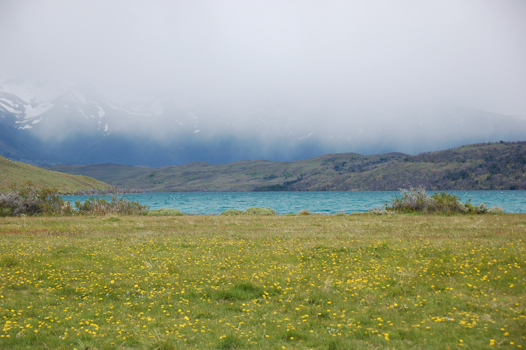Patagonia, the new local economy, and fabric recycling
 Friday, May 6, 2011 at 11:00PM
Friday, May 6, 2011 at 11:00PM  Yesterday I took the day off. Yes, in the middle of the week, unusual. I drove to Boulder and took an easy hike in Chautauqua Park at the Flatirons base, my first hike since the cycling injury. After lunch, I strolled along Pearl Street and stopped into the Patagonia store. One of the first things to catch my eye was the book let my people go surfing: the education of a reluctant businessman by Patagonia founder Yvon Chouinard.
Yesterday I took the day off. Yes, in the middle of the week, unusual. I drove to Boulder and took an easy hike in Chautauqua Park at the Flatirons base, my first hike since the cycling injury. After lunch, I strolled along Pearl Street and stopped into the Patagonia store. One of the first things to catch my eye was the book let my people go surfing: the education of a reluctant businessman by Patagonia founder Yvon Chouinard.
In the Preface, Yvon lays out new directions for Patagonia brought on through reflections on sustainability:
At Patagonia we have started to prepare for what we think will become a more locally based economy. A global economy based on cheap transportation is not sustainable. Our present mode of production includes buying organic cotton in Turkey, shipping the bales to Thailand to be processed into fabric, shipping the fabric to Texas to be cut, to Mexico to be sewn, on to our warehouse in Reno, then to our stores and dealers, and finally to our customers' homes.
The retail price of regular gas 10 years ago (May 8, 2001) was $1.427 per gallon. Today it is $3.963. If petroleum prices continue to increase at same rate over the next couple of decades, it wont be sustainable at all.
Another direction for Patagonia is to "start making all clothing from recycled and recyclable fibers." This is a dramatic change, one that will likely take years, and may never fully materialize. But for a company already a leader in sustainability, it signals a new direction that other companies will likely emulate. Beginning with the Common Threads Recycling Program:
We seek to close the manufacturing and consumption loop in the way the modern aluminum industry works. We'll collect from our customers their worn out polyester garments and send them back to Teijin for recycling into new polyester fiber. ...With the extra shipping, the program still yields energy savings of 76% and reduction in greenhouse-gas (CO2) emissions of 71 percent, compared to the creation of polyester fiber from new, petroleum based raw material.
Those savings are sure to generate interest among competitors. However, as always, customer choices drive the market.
Related entries:
Numbers: Water and blue jeans
Jeans made with less water



Reader Comments (1)
Recycling is an important way for individuals and businesses to reduce the waste they generate and reduce the negative impact of that waste.